Fibroid Foundation Africa advocates awareness
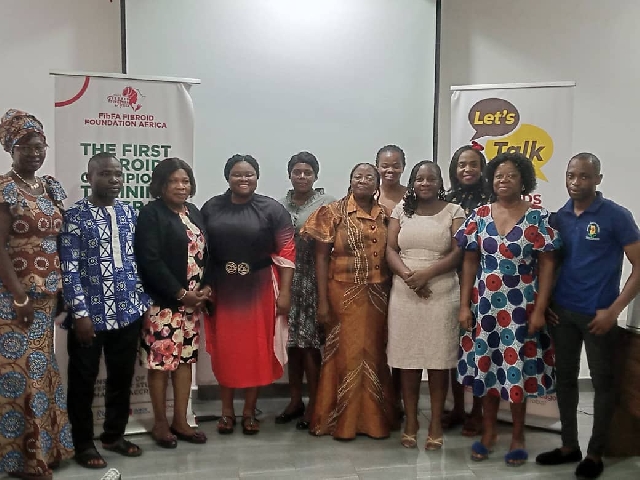 Stakeholders in a group photograph after the press conference
Stakeholders in a group photograph after the press conference
Rev. Elizabeth Korasare, Chief Executive Officer of FibFA Fibroid Foundation Africa, has called for increased awareness and research on fibroids, a condition significantly affecting women of African descent.
Speaking at a press conference, Rev. Korasare highlighted the urgent need to break the silence surrounding fibroids and provide proper care and attention to those affected.
"Fibroids are a very common disease among women of African ancestry, yet there is a conspicuous lack of conversation and advocacy on this issue," said Rev. Korasare.
"Despite its prevalence, there is no significant policy or public discourse addressing fibroids, leaving many women without the necessary support and information."
Fibroids, also known as myomas or benign uterine tumors, develop when the womb's muscles contract and form tissues.
Although the exact cause of fibroids is unknown, factors such as age, ethnicity, geographical location, and lifestyle may increase the risk.
Symptoms often include prolonged bleeding, back pain, and abdominal discomfort, with some women being mistakenly congratulated on perceived pregnancies due to the fibroid's size’ she stressed.
The FibFA Foundation, established in 2020 after launching its campaign in 2019, aims to make fibroid issues more visible and socially acknowledged.
The NGO has actively engaged in awareness campaigns across marketplaces, schools, organizations, and churches, educating both women and men about the condition.
Recently, the foundation commenced a new initiative to train "fibroid champions"—community members equipped with simple messages to spread awareness about fibroids.
"This week, starting from June 10, 2024, we trained our first group of fibroid champions," Rev. Korasare announced.
"These individuals will play a crucial role in their communities, helping to disseminate vital information about fibroids and support affected women."
Rev. Korasare emphasized the importance of understanding fibroids through research, urging African leaders to prioritize studies on the disease.
"African leaders should be interested in why so many women suffer from this disease.
By embarking on research, we can collect data on the prevalence and incidence rates of fibroids, and explore interventions such as the use of vitamin D and EGCG for treatment and prevention."
The high cost of fibroid surgeries, which can exceed 4,000 Ghanaian cedis (40 million in the old currency), underscores the need for accessible and affordable treatment options.
Rev. Korasare's final word to the public was a call for collective action and research to better understand and combat this prevalent condition.
"We must understand this disease to help the many women silently suffering from it.
Through research and awareness, we can develop effective interventions and support systems," she concluded
Trending News

Prof Lumumba calls for action, not empty protocols, in Africa’s quest for unity
18:23
GPRTU and commercial transport operators mad at Transport Minister's comments
08:07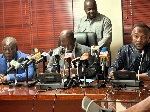
Minority demands immediate payment to Cocoa farmers, accuses gov't and COCOBOD of gross neglect
13:23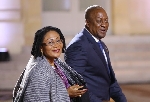
President Mahama and wife begin three-day state visit to Zambia
14:01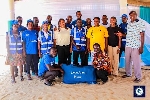
Fisherfolk Sustainability Network (FSN) donates life jackets to coastal communities
17:32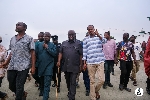
Agric Minister pays historic working visit to Ashaiman Tulaku livestock market
03:17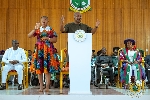
No-guarantor loans, free first-year fees central to Mahama’s plan to democratise tertiary education
17:45
Parliament has given final approval to the 24-Hour Economy Authority Bill, 2025
18:09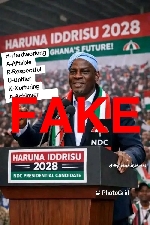
Haruna Iddrisu disassociates himself from alleged NDC flagbearer campaign posters
06:51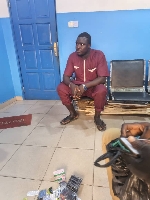
Notorious tramadol drug dealer busted at Nungua in Police operation
12:08



